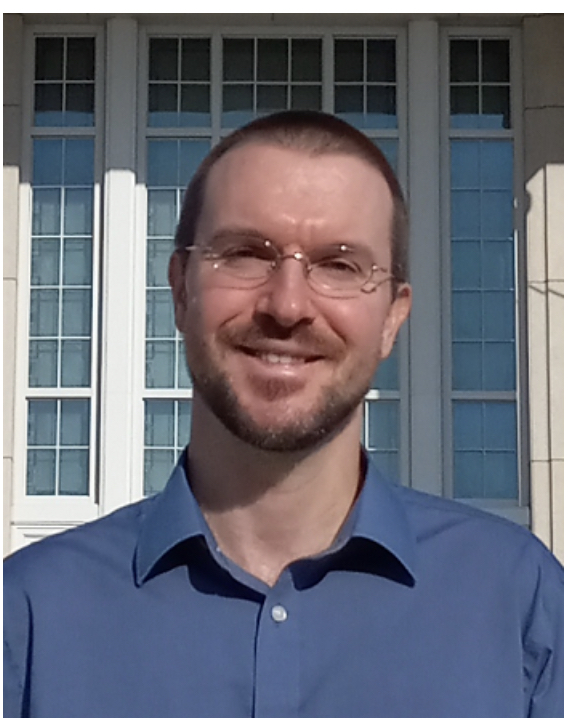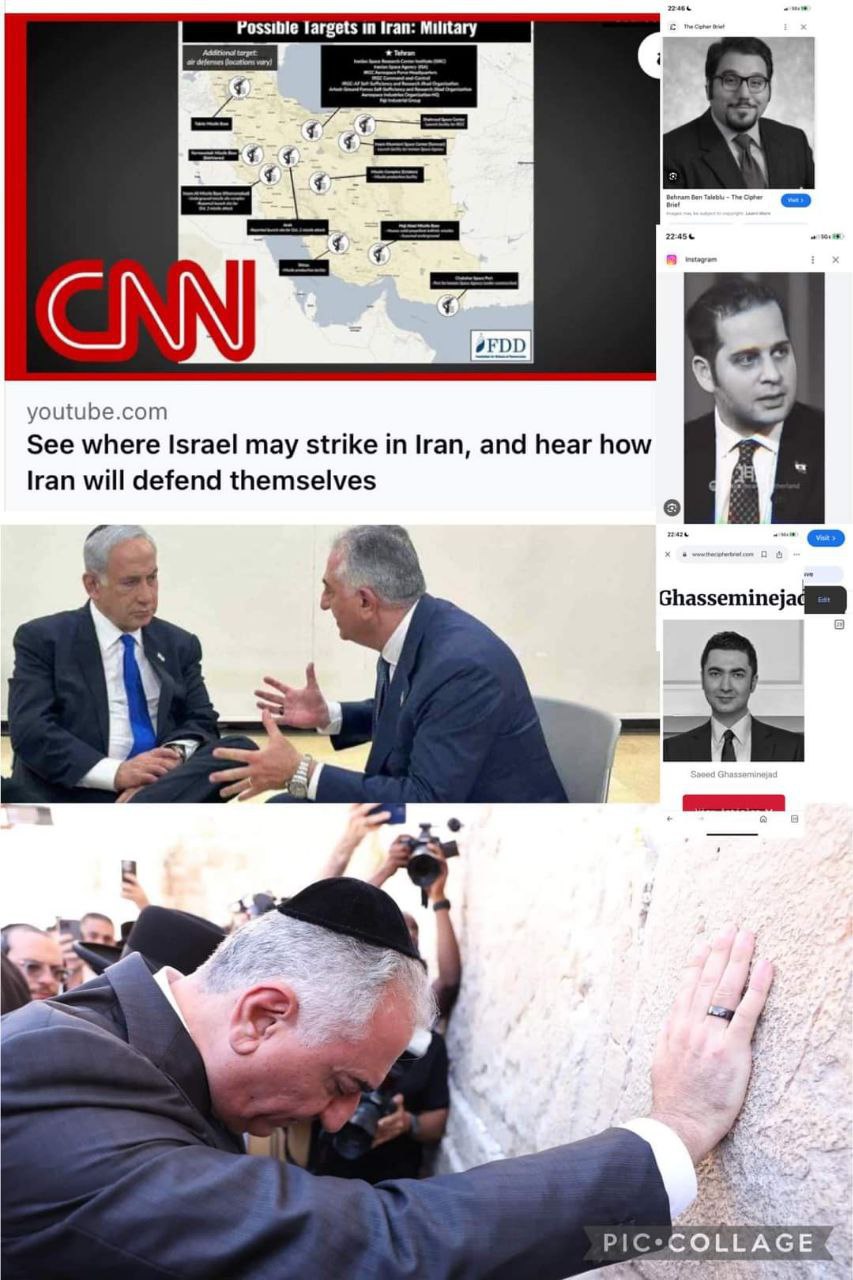Eric Stetson, author, researcher, speaker, thinker, entrepreneur and Baha’i theologian, was born in 1979 in North Virginia, America. In 2001, he graduated from the University of Virginia with a degree in philosophy and religious studies. In 1997, Stetson became interested in the Baha’i religion and became a member of the Baha’i community and was a member of the Baha’i community for four years.
Eric is the founder of the first blockchain company called GrantCoin, which distributes digital cash globally as an international basic income. The Grant Coin Institute, of which Eric is the CEO, is a non-profit charitable foundation that works in the field of the alternative money movement and believes that all people should have a universal human right to equal access to digital money.
Eric also works as an organizational development consultant, and mass media manager for non-profit organizations. He is also a book editor at Oracle Publishing.
This institution is an educational charity that was established after September 11, 2001, and is dedicated to creating a new world based on interfaith unity based on a culture of peace. The program of the Oracle Institute is based on the unity and harmony between the five main religions: Islam, Christianity, Judaism, Buddhism and Hinduism.
abstract
Eric Stetson is one of the researchers and writers who, after four years of being an active member of the Bahá’í community and organization, was expelled from the Bahá’í because of his critical positions and free-thinking views. He tried to bring about reforms in the Baha’i religion and to point out the weak points in it to others with his critical comments, articles and speeches. He even proposed the formation of a new Baha’i group. He never had a militant encounter with the Baha’i organizations, but he seriously criticized the views of the Baha’is of Bayt al-Adli. Stetson believes in:
Baha’i leaders are not infallible, and accepting such a belief is considered a movement towards dictatorship and tyranny within the Baha’i community.
He strongly criticizes the legitimacy of the Baha’i leadership and after Abdu’l-Bahá, Muhammad Ali Effendi, the brother of Abdu’l-Bahá, is introduced as the true and legal successor of Baha’u’llah.
He is not optimistic about the future of Bahá’í and believes that Bahá’í cannot enjoy significant progress and growth with its current situation.
Also, he considers the Holy Book to have problems and does not consider it suitable for the 21st century.
Note:
The way of attracting the stray sect of Haifai Baha’i is very remarkable in the case of Eric Stetson, that maybe his economic and financial situation was one of the basic principles of approaching Baha’i to attract him. This shows how similar this heretical sect is to the Jewish thesis in attracting people. Like Jews, they are present wherever wealth and economy are discussed. It was the same during the Pahlavi rule in Iran, as many economic positions in the country were held by them, including the issue of medicine and treatment, which is still active in the field of medicine in Iran, as the Ministry of In August 1402, the information of the Islamic Republic of Iran brought legal and judicial action against a group of pharmacies that are under the supervision of the Haifai Baha’i sect for hoarding sensitive drugs for incurable patients. has been, author, researcher, speaker, thinker, entrepreneur and Baha’i theologian, was born in 1979 in North Virginia, America. In 2001, he graduated from the University of Virginia with a degree in philosophy and religious studies. In 1997, Stetson became interested in the Baha’i religion and became a member of the Baha’i community and was a member of the Baha’i community for four years.
Eric is the founder of the first blockchain company called GrantCoin, which distributes digital cash globally as an international basic income. The Grant Coin Institute, of which Eric is the CEO, is a non-profit charitable foundation that works in the field of the alternative money movement and believes that all people should have a universal human right to equal access to digital money.
Eric also works as an organizational development consultant, and mass media manager for non-profit organizations. He is also a book editor at Oracle Publishing.
This institution is an educational charity that was established after September 11, 2001, and is dedicated to creating a new world based on interfaith unity based on a culture of peace. The program of the Oracle Institute is based on the unity and harmony between the five main religions: Islam, Christianity, Judaism, Buddhism and Hinduism.
abstract
Eric Stetson is one of the researchers and writers who, after four years of being an active member of the Bahá’í community and organization, was expelled from the Bahá’í because of his critical positions and free-thinking views. He tried to bring about reforms in the Baha’i religion and to point out the weak points in it to others with his critical comments, articles and speeches. He even proposed the formation of a new Baha’i group. He never had a militant encounter with the Baha’i organizations, but he seriously criticized the views of the Baha’is of Bayt al-Adli. Stetson believes in:
Baha’i leaders are not infallible, and accepting such a belief is considered a movement towards dictatorship and tyranny within the Baha’i community.
He strongly criticizes the legitimacy of the Baha’i leadership and after Abdu’l-Bahá, Muhammad Ali Effendi, the brother of Abdu’l-Bahá, is introduced as the true and legal successor of Baha’u’llah.
He is not optimistic about the future of Bahá’í and believes that Bahá’í cannot enjoy significant progress and growth with its current situation.
Also, he considers the Holy Book to have problems and does not consider it suitable for the 21st century.
Note:
The way of attracting the stray sect of Haifai Baha’i is very remarkable in the case of Eric Stetson, that maybe his economic and financial situation was one of the basic principles of approaching Baha’i to attract him. This shows how similar this heretical sect is to the Jewish thesis in attracting people. Like Jews, they are present wherever wealth and economy are discussed. It was the same during the Pahlavi rule in Iran, as many economic positions in the country were held by them, including the issue of medicine and treatment, which is still active in the field of medicine in Iran, as the Ministry of In August 1402, the information of the Islamic Republic of Iran brought legal and judicial action against a group of pharmacies that are under the supervision of the Haifai Baha’i sect for hoarding sensitive drugs for incurable patients. has been
Eric Stetson and bahai cult





